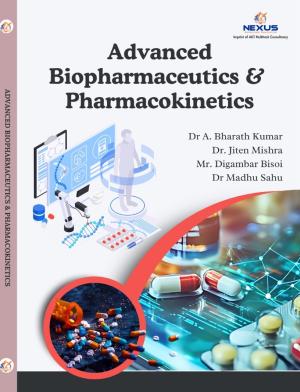APPLICATIONS OF PHARMACOKINETICS IN BIOTECHNOLOGICAL PRODUCTS
Synopsis
Pharmacokinetics (PK) plays a vital role in the development, optimization, and clinical use of biotechnological products, which include proteins, peptides, monoclonal antibodies, oligonucleotides, vaccines, and gene therapies. Unlike small-molecule drugs, biotech products are often large, complex molecules with unique absorption, distribution, metabolism, and excretion (ADME) characteristics. Understanding these properties is essential for ensuring therapeutic efficacy, minimizing toxicity, and guiding dosage regimen design.
Key applications of pharmacokinetics in biotechnology include:
- Route of administration selection: Due to poor oral bioavailability, most biotech drugs require parenteral routes (e.g., intravenous, subcutaneous) to bypass enzymatic degradation and enhance systemic exposure.
- Dose optimization and scheduling: PK modeling helps determine appropriate dosing intervals and quantities, especially for long-acting biologics and monoclonal antibodies.
- Targeted delivery and tissue distribution: PK studies reveal how biologics distribute in vascular and extravascular compartments, guiding strategies for tissue-specific targeting.
- Immunogenicity assessment: PK analysis helps monitor the impact of anti-drug antibodies on drug clearance and efficacy, a common challenge with protein-based therapies.
- Bioanalytical method development: Specialized assays (e.g., immunoassays) are required to quantify biologics in biological matrices, supporting PK evaluations.
- Regulatory and clinical translation: PK data support regulatory submissions, bioequivalence assessments, and personalized medicine approaches for biologics.
As biotechnological therapies continue to evolve, pharmacokinetic principles remain indispensable for translating molecular innovations into safe and effective clinical treatments.
Downloads
Pages
Published
License

This work is licensed under a Creative Commons Attribution-NonCommercial-NoDerivatives 4.0 International License.





